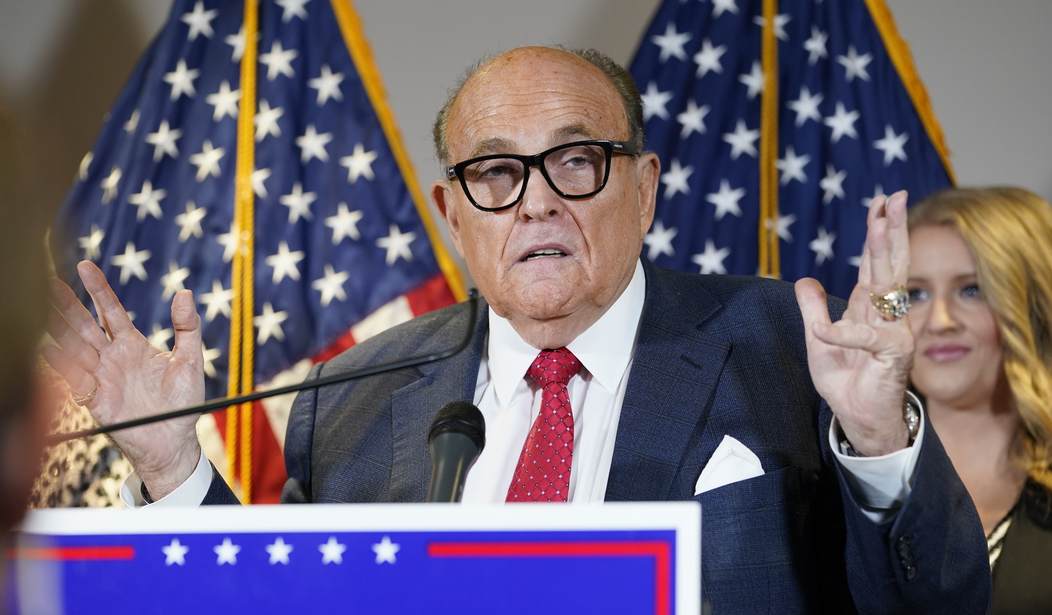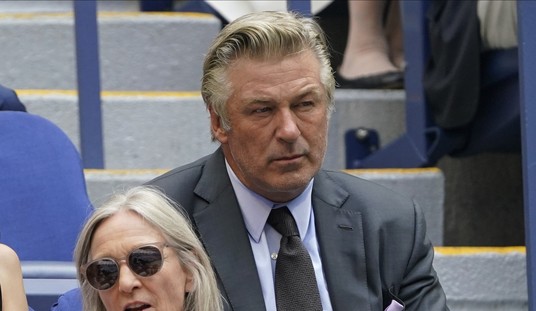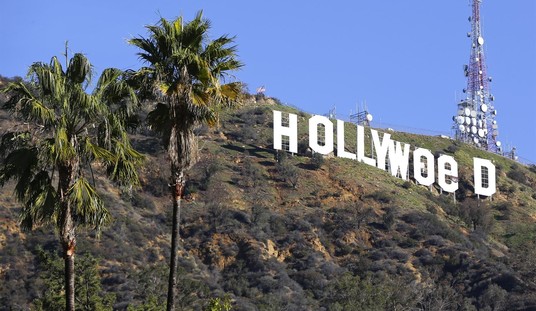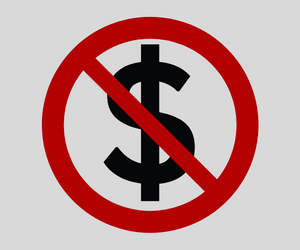A forthcoming book from bestselling author Mollie Hemingway seeks to set the record straight on what really happened before, during, and after the 2020 election that made the cycle a fraught experience as institutions exerted heavy-handed influence over the process that ended as some of those within Trump's inner circle caused self-inflicted wounds to the president's legal efforts.
An excerpt from "Rigged: How the Media, Big Tech, and the Democrats Seized Our Elections" sheds light on what went wrong with President Trump's legal challenge to election results in Pennsylvania, one of the pivotal cases that determined the winner of the 2020 election. Hemingway shares the details — obtained exclusively by Townhall — of how the case unraveled from one where Trump's team had the facts on their side and a judge who was open to hearing arguments to one that quickly received a blistering dismissal.
According to Hemingway, progress being made by Trump's lawyers went south after Rudy Giuliani was tapped to spearhead the president's legal efforts following the Trump team's failures in Arizona. As Hemingway writes, "putting Giuliani in charge would prove disastrous to the legal efforts in Pennsylvania and beyond."
Hemingway recalls the announcement: "'I look forward to Mayor Giuliani spearheading the legal effort to defend OUR RIGHT to FREE and FAIR ELECTIONS! Rudy Giuliani, Joseph diGenova, Victoria Toensing, Sidney Powell, and Jenna Ellis, a truly great team, added to our other wonderful lawyers and representatives!' Trump said in a tweet."
"Giuliani regularly downplayed very real issues with the 2020 election in Pennsylvania by emphasizing less relevant—and less actionable—claims," and the result, as Hemingway outlines, was a hampering of Trump's 2020 election litigation.
Recommended
Before Giuliani was put in charge, lawyers for Trump in Pennsylvania were pursuing a federal lawsuit over the way ballots were handled differently by election officials in different jurisdictions citing a Fourteenth Amendment violation. "It was the same argument that had merit in Bush v. Gore, the federal case that determined who would be the forty-third president of the United States," Hemingway notes.
After lawyers for Porter Wright withdrew from the Pennsylvania case following violent and vulgar threats that Hemingway notes were "endangering the firm and its clients," election litigator Linda Kerns remained the "only public face representing the Trump campaign in the lawsuit" the day before briefs were due. To supplement Kerns' efforts, the Trump campaign brought on two new attorneys from Texas: John Scott and Douglas Bryan Hughes. As Hemingway explains, the Pennsylvania lawsuit was "the best shot the Trump campaign had, and the facts of the case were in their favor."
Despite facts being in their favor, everything unraveled and the case didn't accomplish what it could have. "Prior to this case's being heard, Rudy Giuliani had held a press conference at the Four Seasons Total Landscaping company, where instead of talking about all of the legitimate issues affecting the Pennsylvania election—and there were so many—he put forth dramatic claims about voter fraud," reminds Hemingway. Rudy's performance at the "Four Seasons" was only the beginning, Hemingway explains:
The first person he brought up as a witness to irregularities was a man named Daryl Brooks, who said he was a paid GOP poll watcher. "They did not allow us to see anything. Was it corrupt or not? But give us an opportunity as poll watchers to view all the documents—all of the ballots," said Brooks. But in addition to being a convicted sex offender with strong Democratic Party ties, Brooks was well known as a perennial candidate in New Jersey. He was not an ideal witness, to put it mildly.
Hemingway reports that "the veteran Republican lawyers were at best confused by Giuliani's approach and at worse completely opposed to it." When Giuliani told Kerns he would be taking over the Trump campaign's Pennsylvania lawsuit, "she didn't agree with the direction he wanted to take the federal case, and so she was not willing to sponsor his participation, as she had done for the Texas lawyers." Ultimately, Giuliani found another path onto the legal team and took it over through a different attorney on Trump's legal team.
The move caused Kerns to petition the judge the withdraw from the case, something the Texas attorneys did too. They were allowed to exit the case, but the judge said he "believed it best to have some semblance of consistency in counsel ahead of the oral argument" and rejected Kerns' request to leave the team now being led by Giuliani.
Oral arguments, as Hemingway recalls, did not go well:
The hearing went on for hours, with Giuliani talking about fraud that he could not substantiate with evidence. The judge asked Kerns to speak, and she noted that no one was talking about equal protection, the original complaint the campaign had filed. Courts look extremely unkindly on attorneys who fail to stick with the arguments in the original complaints. Kerns asked again to be let out of a case that was running off the rails. Giuliani asked her to stay. She called the judge the next day and asked to be let out and was finally allowed off the case.
While Hemingway's account provides new details about how things unraveled so quickly within an otherwise strong case for consistency and integrity for election results in a key battleground state, we all know how things turned out. "The judge quickly approved the defendant's motion to dismiss in a blistering opinion saying Giuliani had presented the court with 'strained legal arguments without merit and speculative accusations.'"
While the judge was an Obama appointee, Hemingway notes that the court "had been open to the case and its legal arguments at the beginning, but showed little tolerance for what it had become" after Giuliani took over and the other lawyers departed.
Hemingway's exhaustive 448-page "Rigged" — available October 12 from Regnery Publishing — also dives into how lawyer Marc Elias reshaped elections to help Democrats prevail, how Georgia's Republican Secretary of State helped turn out Democrat voters, how big tech played referee over what information Americans were able to access about Biden, and the ways Democrats took advantage of the Wuhan coronavirus to push election rules that favored their voters.



























Join the conversation as a VIP Member